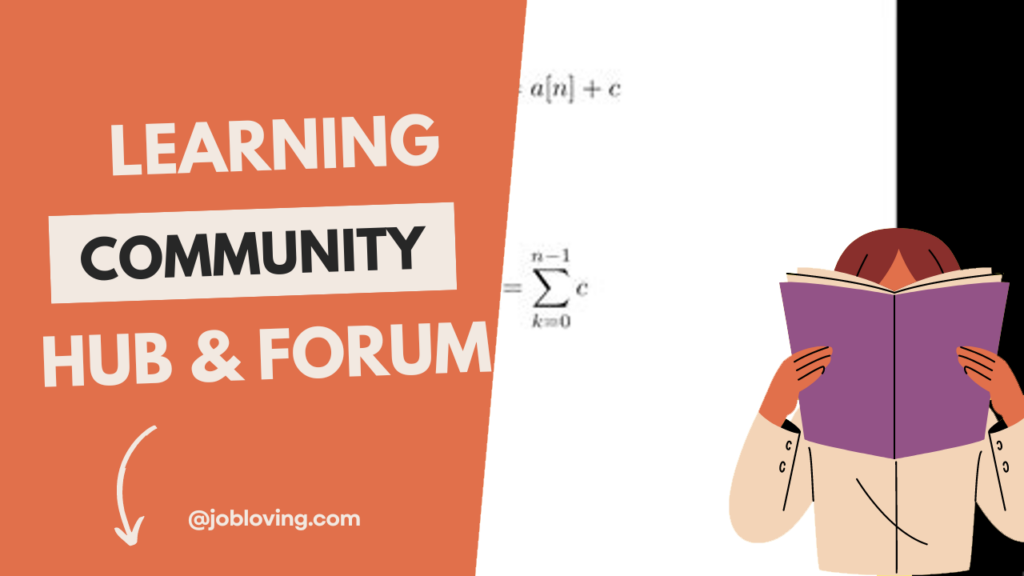Have you ever found yourself tangled in a web of numbers, wondering whether discrete math is a leap above calculus or just another rung in the mathematical ladder? You’re not alone! These two fields of mathematics may seem worlds apart, but they each serve distinct purposes while occasionally overlapping in their applications.
The Short Answer: Discrete math is not above calculus; it’s a different branch altogether.
While calculus focuses on continuous functions and limits, discrete mathematics is the study of mathematical structures that are fundamentally discrete rather than continuous. Think of calculus as the smooth ride on a rollercoaster, gliding through curves and dips, while discrete math is like jumping from one individual thrill to the next—think of it as hopping between different rides in an amusement park!
Discrete math includes topics such as combinatorics, graph theory, algorithms, and logic, which are all essential for fields like computer science, cryptography, and network design. In contrast, calculus deals with derivatives, integrals, and concepts that require a continuous understanding of change—a bit more like the science behind the rollercoaster itself!
So, in a nutshell, thinking about which is “above” the other doesn’t quite fit here. Discrete math and calculus each hold their ground in the mathematical universe, catering to different needs and applications while helping us understand the world in unique ways.
If this piques your interest or if you have more questions about these mathematical realms, join the JobLoving community! We have tons of resources ready to help you navigate these topics and much more!

